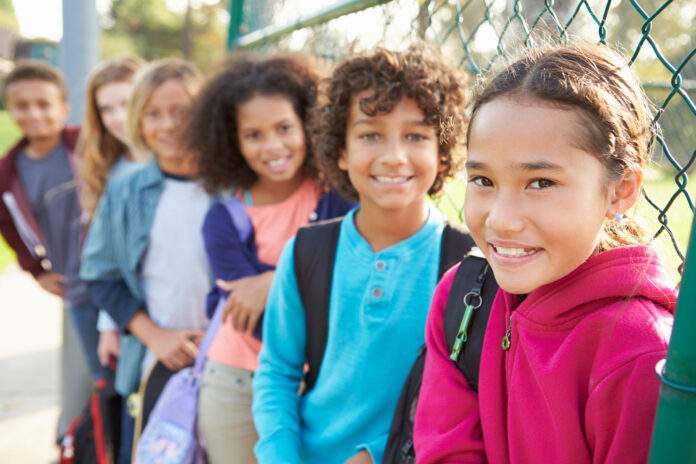Los Angeles Unified School District (LAUSD) superintendent Austin Beutner announced that COVID-19 vaccines will be required for students who wish to return to in-person schooling.
The vaccines, now under emergency-use authorization, are not considered safe for children under age 16. Testing on children ages 12-15 is underway by at least one COVID-19 vaccine developer, but without U.S. Food and Drug Administration approval and no long-term data available on the vaccines among the adult population, schools demanding vaccination could remain closed to in-classroom instruction until 2022 or beyond. LAUSD is the nation’s second-largest school district in the nation.
The Union’s Say
The delay appears to be fine with the district’s teachers’ union, United Teachers Los Angeles.
“The call to immediately reopen school for in-person instruction is not motivated by science – it is motivated by politics,” said Cecily Myart-Cruz, UTLA president on Facebook, February 5.
President Joe Biden promised to open schools within his first 100 days, but he is walking back that promise. On February 11, White House Press Secretary Jen Psaki said the goal is more than 50 percent of schools offering at least one day of in-classroom instruction a week.
Vaccines were expected to offer a way for schools to re-open sooner, but public health leaders are downplaying that hope.
“No vaccine has ever been 100 percent effective, so no one will have 100 percent protection from the virus,” said Jonathan Van-Tam, the deputy chief medical officer in the U.K. in a press release on January 24.
Children – Super Spreaders?
The data on whether children can be super-spreaders of the SARS-CoV2 virus is limited.
One study awaiting peer review and posted on November 2, 2020, on medRxiv looked at 12 million adults living with children and found “no evidence of increased risk of severe COVID-19 outcomes.”
Another study showed children to be somewhat resistant to being infected by the COVID-19 virus. The study, published January 6 in the New England Journal of Medicine, looked at 1.95 million children in Sweden under age 16 who attended school between March and June 2020 and were not required to wear masks. Fifteen developed severe symptoms of COVID-19, and none died from the disease.
A small study published May 13 in The Lancet found limited severe illness among immunosuppressed children.
Risks v. Benefits
There have been a number of adverse events associated with vaccines, including deaths. The Vaccine Adverse Event Reporting System reports, as of February 4, there 16,474 serious events among 12,697 cases, including 653 deaths after individuals received COVID-19 vaccines
“All medical decisions should be based upon risk versus benefit to the patient,” Michelle Cretella, M.D. executive director American College of Pediatricians told Health Care News.
“As a pediatrician, I do not recommend vaccinating children with any of the currently available experimental COVID-19 vaccines,” said Cretella. “COVID-19 is not a threat to young people in terms of serious illness and mortality. This is a fact. Second fact: we do not know the safety or efficacy of any of the experimental vaccines particularly in young people. The FDA admits not enough research has been carried out over a long enough period of time to establish either safety or efficacy in any age group most especially children, adolescents, and young adults.”
Ashley Bateman (bateman.ae@googlemail.com) writes from Alexandria, Virginia.
Internet info:
Harriet Forbes, Ph.D., et. al., “Association Between Living with Children and Outcomes From COVID-19, MedRXiv, November 2, 2020: https://www.medrxiv.org/content/10.1101/2020.11.01.20222315v1.full.pdf




















